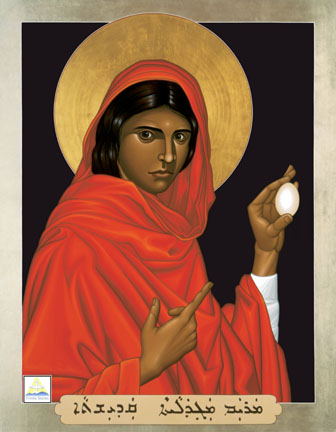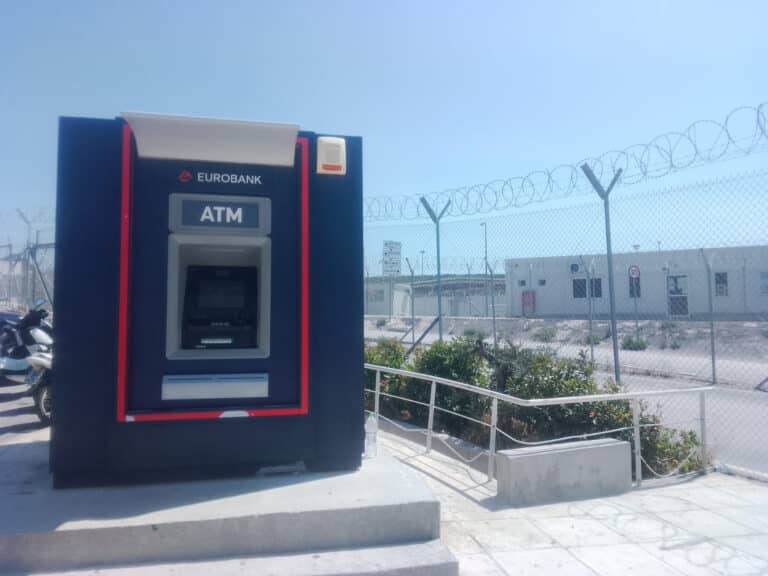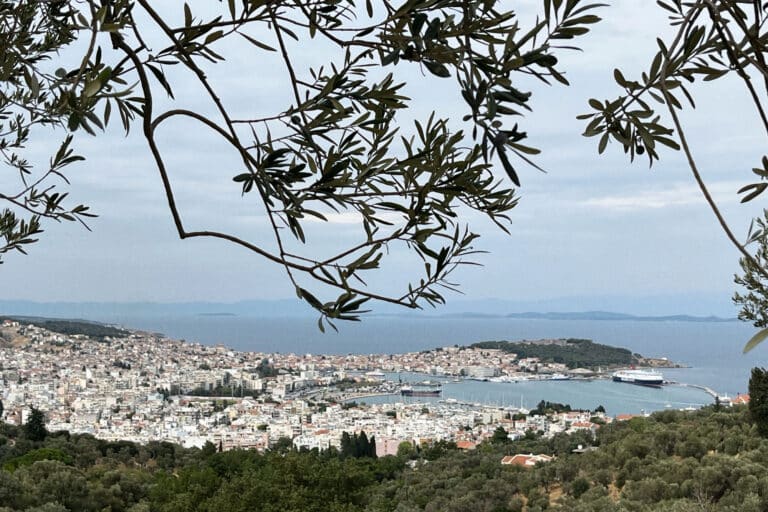CPTnet
15 November 2014
COLOMBIA REFLECTION: The Magdalena
by Cass Bangay
[Note: The following reflection has been adapted for CPTnet. The original is available on CPT
Colombia’s website https://www.ecapcolombia.org/en/2014/11/magdalena/]
 |
Mary Magdalene is one of the most controversial and mysterious Biblical characters. Unjustly pegged as a prostitute and temptress by Pope Gregory I, her reputation remained tarnished for around seven centuries before Biblical scholars redeemed her by untangling the three women whose stories Gregory had merged. Though we know very little about her life, we do know that she was a person of importance to Jesus. He used his gifts to cast seven demons out of her, and chose her to be one of the first people to see him after the resurrection. Her story is an interesting one to contemplate as I travel along ‘El Rio Magdalena,’ a beautiful river named after her, that has a similarly tainted reputation.
The Magdalena is Colombia’s longest river, and stretches
from the most southern tip of the Huila Department* in southern Colombia to the
Caribbean Sea. The river is CPT’s
main mode of transportation between Barrancabermeja, the city where we live,
and the communities that we accompany. Its banks are peppered with trees, fishing canoes and water
taxis traveling past each other lazily, and children swim in its murky water. Outsiders may view the present tranquil
atmosphere and have difficulty imagining anything else. Those who have lived along the river’s
banks for more than ten years, however, see it differently.
Today as boats approach the Barrancabermeja water taxi dock,
the first thing visible on the western shore is Ecopetrol, the biggest oil
refinery in the country. The
refinery’s collection of weaving pipes and grey smoke stacks are a dismal
reminder of what is going to become of the Magdalena in the next two
years. On 28 July 2014, a Chinese
business signed a contract with the Colombian government. It will be dredging 909 kilometers of
the river so that bigger transport freighters can travel from the refinery to
the Atlantic. Though the news is
good for city dwellers searching for employment opportunities in the oil
industry, it is daunting for fishing and farming communities that depend on the
river’s delicate ecosystem for subsistence.
Will the Magdalena eventually be freed of its demons and
soiled reputation the way Mary Magdalene has been? Those who fish and derive a livelihood from the river
however, hope that they will not be condemned as she was. Though it is no longer in the center of
a civil war, the Magdalena is still being polluted and used as a tool to ship
illegal goods. The destruction of
an ecosystem and a culture is perhaps more difficult to undo than the
condemnation of Pope Gregory I.
Nueva Esperanza, Garzal, El Guayabo, and Las Pavas— the four
communities that CPT accompanies along the river— remain strong in their
commitment to defend their land and traditions of sustainable fishing and
farming. They have survived
droughts, plagues, threats, civil war, displacements, and attacks by various
armed groups. This new influx of
big businesses vying for their land is just one more challenge that they will
face together.

*State/Province



